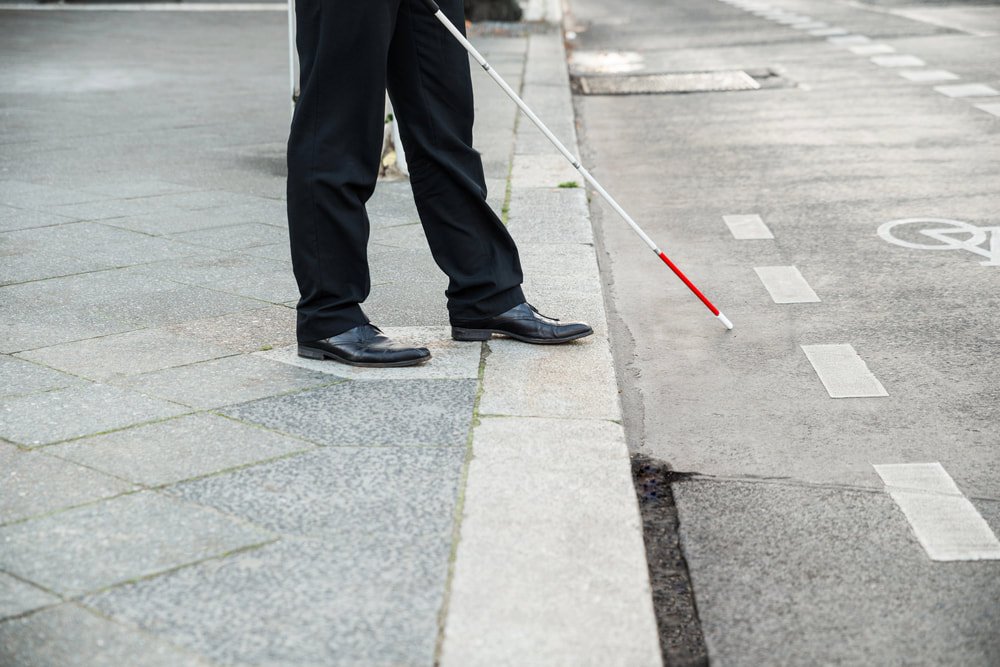|
Many of us may take our vision for granted until there is a problem. Vision goes beyond just having sharp eyesight. Your ability to see well can affect every aspect of your life, including your mental well-being. Your vision is a large part of how you experience the world. If it becomes impaired, it can lead to various concerns and feelings.
Problems with eyesight may significantly impact confidence, relationships, independence, and emotional and mental health. |
In addition, if you have low vision, it is helpful to address the emotional issues that may occur and to develop coping strategies.
Continue reading for an examination of how vision may impact mental health and what you can do to promote emotional well-being.
The brain and vision
The impact of vision loss on mental health
The reasons vision loss may lead to anxiety and depression are multifaceted and can include:
- The loss of independence: Vision loss may lead to difficulty driving, traveling, reading, and performing everyday activities. This loss of independence can take its toll and lead to a feeling of dependency.
- Decreased confidence: Vision loss can reduce an individual’s confidence if it causes issues navigating new environments, performing work responsibilities, or engaging in hobbies.
- Fear: Having vision loss may lead to worries, such as the possibility of further visual impairment.
- Guilt: Relying on others for help may lead to guilt or feeling like a burden.
- Social isolation: Vision loss may sometimes lead to avoiding social situations or withdrawing from usual hobbies and activities.
Supporting Emotional Well-being
Talk it over: It is helpful to discuss your emotional concerns with a friend, family member, or professional counselor. Recognizing emotions and concerns is the first step in dealing with challenges.
Seek support: Support groups for people with low vision may provide a sense of community. A strong support system can also offer ideas and strategies for visual impairments.
Use assistive technology: Low vision aids can help you remain independent and may include:
- Magnifiers
- Voice-to-text tools
- Talking devices
- Screen readers
Treat vision problems promptly: See an eye doctor regularly to identify and treat vision problems early. Depending on your eye disease, this may help preserve vision or slow vision loss.
If you have low vision, there are tools and coping strategies that can help you maintain independence and stay connected. Remember, you can protect your vision and emotional health with regular eye exams, support, and early treatment.
If you would like to ask whether an appointment with one of our eye doctors would be appropriate at this time, call our office at 508-746-8600.











